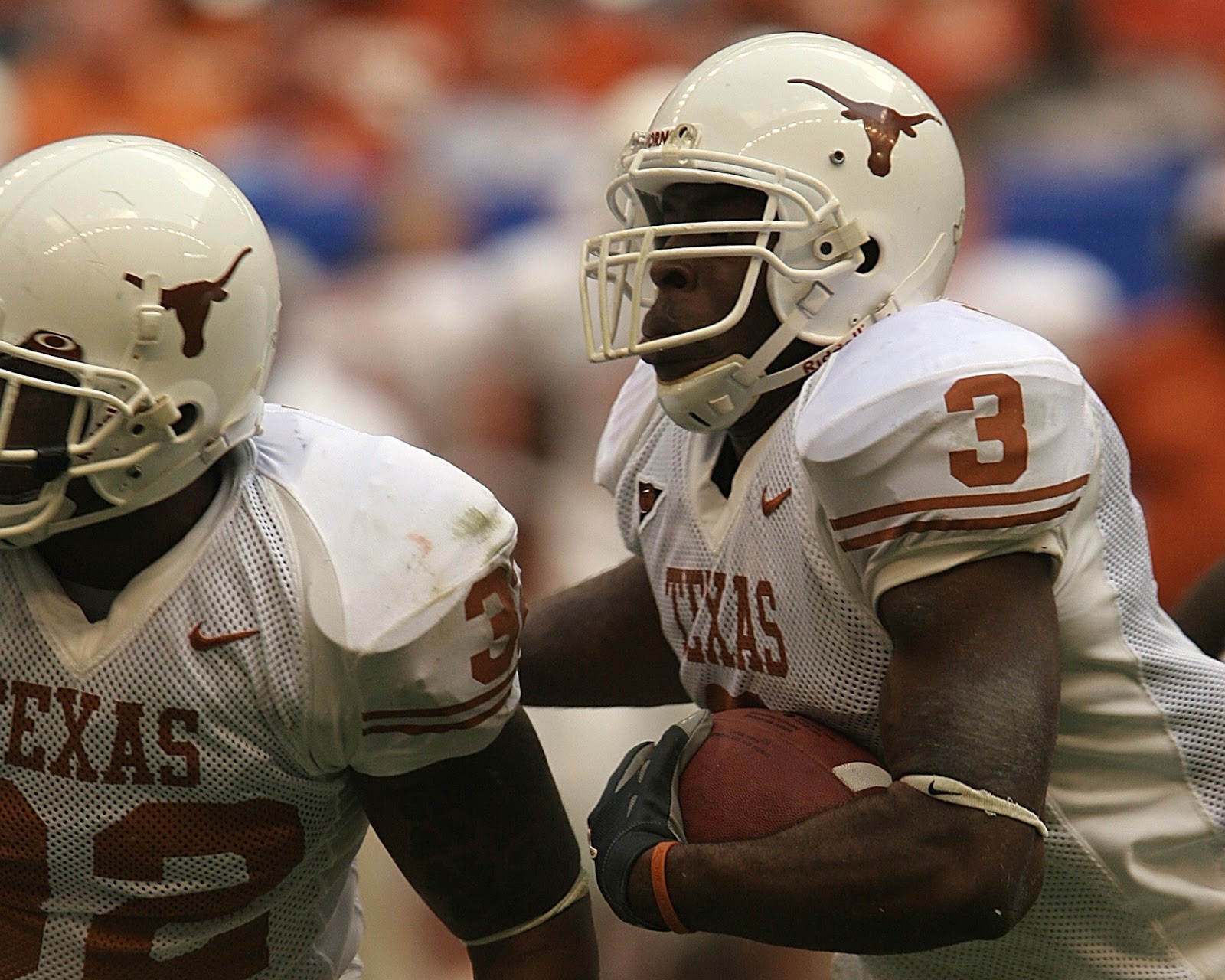Livers have a real impact on the NCAA Tournament, as their presence on the court can swing the game in either team’s favor. While the debate has been going on for years as to whether or not livers should be allowed to play in the NCAA Tournament, it is clear that they can have an effect on the outcome of games.
However, this effect can vary depending on the team and their use of the livers in their strategy. In this article, we will look at how livers affect the NCAA Tournament and what role they can play.
Definition of Liver
Liver is a vital organ situated in the abdomen of most vertebrates and plays a very important role in metabolism, digestion, and the overall maintenance of human health. It is the largest internal organ in the body, weighing between 4 to 5 pounds, and can be affected by many different health conditions including cancer, infection, fatty liver disease (FLD), hepatitis, liver cirrhosis and hemachromatosis.
The human liver performs numerous functions necessary for optimal health. These functions include filtering out toxins from the bloodstream; producing essential proteins like albumin and helping to regulate hormones; storing vitamins, minerals, sugars and other nutrients in reserve; aiding digestive processing of fat-soluble substances like alcohol; manufacturing bile needed for fat digestion; destroying expired red blood cells as well as managing cholesterol balance.
When these tasks are not performed optimally or any of these innumerable functions are impaired due to an underlying medical condition or lifestyle choices beyond one’s control it may lead to manifestations such as jaundice or yellowing of skin. Even though it may seem remote whether livers will play in NCAA basketball tournament the answer however is unlikely due to impairments they present with their healthcare needs they require while being at tournament sites.
Overview of NCAA Tournament
The National Collegiate Athletic Association (NCAA) Men’s Division I Basketball Tournament is a single-elimination event that takes place every year in March and April. It involves 68 college basketball teams from across the U.S. competing for the national title of Division One Basketball Champions.
The tournament begins with what is known as the “selection show” where the 68 teams are chosen for the tournament. The teams are divided into four regional brackets named South, Midwest, West, and East which are designed to make travel easier for teams participating in the tournament. The first two rounds involve eight teams playing against each other within their respective region to advance further into the tournament known as “The Sweet 16”. This ultimately leads to the four remaining teams playing against each other in what is known as “The Final Four” which determines who will win this years NCAA Championship Game.
During this entire process there are no restrictions on who may participate in these games, so players like Livers are eligible to participate if they meet all the NCAA requirements that come into play when determining eligibility such as having good academic standing and sufficient performance levels on court during regular season games throughout that particular season.
The Role of Livers in NCAA Tournament
When it comes to the NCAA Tournament, Livers play a crucial role in determining the outcome. For starters, their abilities to score, rebound and make plays can have a huge impact on the outcome of the game. Additionally, their ability to defend and create space for teammates can be a game-changer.
Let’s take a look at the role livers play in the NCAA Tournament.
Benefits of Livers in NCAA Tournament
Livers have become an important part of the NCAA Tournament, offering many benefits to teams, players, and coaches. Not only do they provide physical and psychological perks that the tournament demands, but they also give teams and players a competitive edge in the tournament.
From a physical standpoint, livers are able to assist athletes in maintaining their strength throughout the course of long practices leading up to and during the tournament. The livers are also able to help with quicker recovery times after strenuous practices as they help break down toxins produced by intense training sessions.

In addition to increased physical performance, livers also carry a great deal of psychological benefit for players participating in games during the NCAA Tournament. The nutritional supplement often gives confidence boosts to players who believe livers will help them perform at their best level. It is said that believing is half the battle!
Finally, on an even deeper level than physical and psychological, livers can actually offer an edge on opponents during tournaments by having a direct effect on team performance due to their unique makeup. The livers’ unique blend of minerals not only make them very nutrient dense but also give them added vitamin B-6 which helps with fatigue reduction and carbohydrate metabolism during intense competition making them indispensable on court during games.
Challenges of Livers in NCAA Tournament
To fully understand the role of livers in NCAA Tournament, it is important to consider the unique challenges surrounding them. The National Collegiate Athletic Association’s (NCAA) eligibility requirements dictate that all players must meet strict academic and amateurism standards in order to participate in Division I competition. This means that student athletes who are professional or foreign-born may not qualify for tournament play. Players must also maintain a certain grade threshold by satisfying NCAA’s Progress Toward Degree requirements.
Aside from these traditional eligibility criteria, players can be barred from tournament play if they fail a drug test or engage in behavior that violated the NCAA’s guidelines for sportsmanship on the court and in the locker room. More recently, teams have been penalized for violating recruiting rules as a result of improper compensation for student athlete services beyond tuition and normal costs related to their trip to play for an institution. As such, livers may find it hard to make the cut into a team’s roster even if they have all of their other qualifications successfully met due to additional special concerns within an organization’s ideology or recruiting philosophies.
Will Livers Play in NCAA Tournament
Livers’ play can make an impact on the NCAA Tournament in several ways. Their ability to score baskets, rebound, and facilitate effective team defense can be essential for success. Moreover, their presence can lift the morale of teammates and provide an energy boost in critical scenarios.
Let’s delve deeper into how livers may be able to influence the NCAA Tournament.
Positive Impact
The inclusion of livers in the NCAA Tournament can produce a variety of positive effects, both on and off the court. The most obvious benefit is that their presence helps to increase competitive balance within the tournament. Livers are often some of the strongest players on their respective teams and can turn a lopsided match-up into an exciting game.
Additionally, when an underdog team with one or more good livers qualifies for the tournament, it adds extra excitement and intensity feel to the tournament as a whole.
Off the court, liver players have been known to serve as strong ambassadors for their schools and provide great inspirational stories on which younger generations of athletes can build upon. They often come from disadvantaged backgrounds but have been able to overcome their struggles to reach collegiate heights. Finally, liver players represent unique representation of diversity findings its way into college athletics that can lead to more inclusiveness and understanding among student-athletes at the NCAA Level.
Negative Impact
The influx of livers (any type) in the NCAA tournament has a negative impact on the competition among teams. There are potential health risks associated with livers, as well as concerns about fairness and the imbalance of power that can be created when one team has an advantage due to their access to livers.
In addition, the presence of livers can interfere with the rules and regulations set forth by the NCAA. These rules exist to maintain fairness throughout each tournament and are based on maintaining a degree of equality among teams competing. A team with access to liver supplements could potentially gain an unfair advantage due to enhanced stamina or speed allowed by medically assisted performance enhancement supplements derived from animal livers.

Furthermore, it has been found that some players may suffer side effects due to the consumption of these supplements such as changes in mental clarity or overall fatigue levels which could ultimately affect their performance at game time. Additionally, medical research suggests that consumption of liver substances in high doses can damage overall organ function so is not recommended for regular or frequent use.
Finally, from a financial standpoint, there could be potential costs associated with implementing rules and regulations around liver usage for NCAA teams which would need to be passed on either to team sponsors or individual players in order for monitoring and enforcement of these regulations on keep up with current trends in competitive sports supplement use.
Will Livers Play in NCAA Tournament?
Will Livers play in the NCAA Tournament? This is a question on the minds of basketball fans everywhere.
Livers, a highly-touted freshman, has been an integral part of the Michigan Wolverines’ success this season. However, he recently suffered an injury to his liver, and his status for the tournament is still uncertain.
In this article, we’ll explore the implications of Livers’ injury and look at what it means for Michigan’s chances in the tournament.
Factors Influencing the Decision
The question of whether or not livers will play in the NCAA Tournament is complicated. There are several key factors influencing the decision and these must be taken into consideration when determining eligibility for tournament participation.
First, the National Collegiate Athletics Association (NCAA) must look at the student-athlete’s academic record to ensure eligibility and confirm that they meet minimum GPA requirements. They also factor in other areas such as credit hours, completion of coursework, and classroom behaviors.
Second, NCAA member institutions must verify if they have successfully completed all required drug testing requirements according to their institution’s specific policies and procedures. A student-athlete who fails a drug test may be suspended or excluded from tournament participation depending on the testing protocol established by their school as well as any additional sanctions imposed by the NCAA itself.
Thirdly, NCAA rules stipulate that student-athletes must complete a certain amount of preseason training before performing at a collegiate level in order to ensure health concerns are addressed and physical performance is up to par with standard expectations. This often includes approving doctor’s clearances for health concerns related to liver conditions that may affect abilities during tournaments or future playing time.
Finally, beyond educational and physical qualifications for tournament eligibility, decisions about playing in the NCAA tournament can be determined by team policies set in place by coaches or staff members which stipulates acceptable levels of attendance at practice or events leading up to brackets being announced during March Madness each year. Those students who not comply with team standards related to practices may lose their chance at participating even though all other areas have been met satisfactorily for qualification purposes.
Potential Outcomes
Livers have not been able to participate in NCAA Division I basketball tournaments in the past due to rules prohibiting their involvement. Despite changes in policy and numerous attempts to allow livers access to the tradition-rich tournament, they have so far been denied the opportunity. Despite this, there is still the possibility that their participation may be allowed at some point in the future.
There are potential positive outcomes of allowing livers to compete in NCAA tournaments. At a competitive level, livers would bring a unique competitive advantage and could be ultimate game-changers during close matches late on in tournaments. When it comes to diversity and inclusion in higher education, having livers participating could promote greater acceptance for all non-human species across college campuses throughout America.
At this point however, it is unclear whether or not livers will be allowed to compete in NCAA tournaments or exactly when such a change of policy will come into effect if it does happen at all. With that being said, we can only wait for a definitive answer from college athletic administrators about when and if such changes will occur.



No Comment! Be the first one.